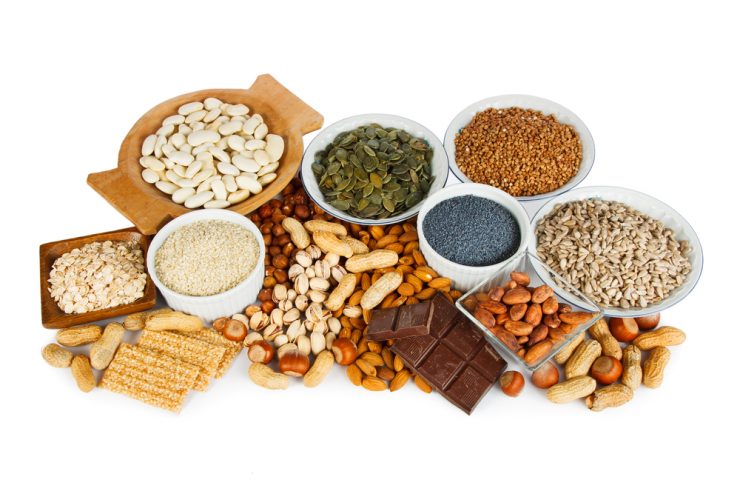Magnesium, just like calcium, is an earth alkali mineral. Its name actually comes from the Greek city, Magnesia, where large deposits of magnesium carbonate were found.
It is a very important mineral in the body, as it is involved in several hundred enzyme reactions. Magnesium is found predominantly in the bones and teeth; in fact the bones act as a great storage vessel when the body needs this mineral.
The highly refined, high sugar Western diet has meant that less magnesium is absorbed. Magnesium and calcium actually compete for absorption in the body, so in high chalk water areas where more calcium is taken in, deficiency of magnesium is more widespread.
WHAT DOES IT DO?
Known as the anti stress mineral, magnesium is often described as ‘Nature’s Natural Tranquiliser’ and is popular with people who have trouble sleeping. It relaxes skeletal muscles, making it important for heart function and is primarily needed for numerous enzyme reactions, many of which contribute to energy production. It is also responsible for managing the electrical potential across cell membranes, which is the system responsible for passing nutrients back and forth.
BEST SOURCES
Most of our magnesium is sourced from vegetables, particularly the green leafy variety. However, seafood, nuts, seeds and legumes all contain good amounts. Wholegrains, particularly whole-wheat and brown rice, are other good sources. Amounts are also dependent on the soils in which the food is grown; a high level mineral soil will yield more magnesium in the vegetables and grains which grow there.
























